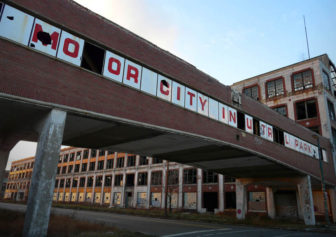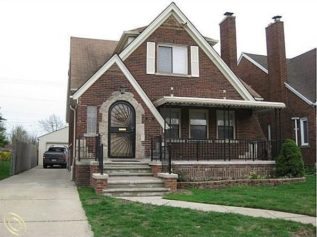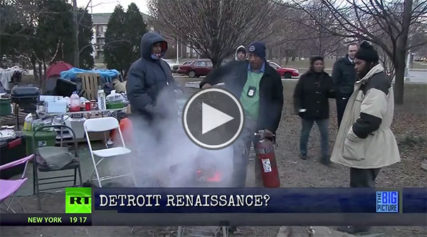Before Detroit can go through the bankruptcy process, it has to prove that it’s actually eligible for it —an extensive undertaking that could be just as difficult as the bankruptcy procedure itself, according to experts.
And even though city and state officials say the city’s $17 billion budget hole demonstrates that it has no choice but to go through bankruptcy protection, there is no guarantee that the courts will agree.
Chicago lawyer James E. Spiotto, a bankruptcy specialist, told the New York Times that since 1954, there have been only 63 Chapter 9 filings that involved cities, towns, villages or counties. Twenty-nine of those cases were dismissed for reasons that included ineligibility, proving that making it to bankruptcy can be an arduous process.
Today was the deadline for creditors to register court objections to Detroit’s Chapter 9 filing. The next step is for the creditors to interview city officials and experts in September and October to make their case that Detroit does not meet the multi-part test for eligibility.
Cities such as Stockton, Calif., and Central Falls, R.I., were each able to make their case by describing the desperation of their situation and, in Central Falls, after retirees withdrew their objections to proposed cuts.
However, cities like Harrisburg, the capital of Pennsylvania, were not so fortunate. Harrisburg’s case was dismissed just weeks after it filed for bankruptcy in October 2011, with the judge citing a state law that barred some cities from seeking bankruptcy protection.
Experts say the eligibility test often becomes the real fight that municipalities must win in order to proceed. In Detroit, retirees and pension fund officials have said they will fight the bankruptcy on the grounds that pension cuts would violate the state constitution.
Michigan bankruptcy lawyer Doug Bernstein told the Times that in many recent municipal bankruptcy cases, negotiations with creditors began in earnest only after the key eligibility hurdle was passed.
“They say, ‘We gave it a shot. Do we really want to spend a ton more money fighting or do we want to get on with business?’ ” he said. “This a critical step.”
In Stockton, Calif., which with a population of 300,000 was the largest U.S. city to file for court protection prior to Detroit, the city just passed the eligibility hurdle in April — nine months after filing for bankruptcy in June 2012 in the aftermath of the housing collapse. After a three-day trial on the issue before U.S. Bankruptcy Judge Christopher Klein, the city can now move toward an exit.
Klein said the hearing was “much like a qualifying heat in a race or sporting event, in that it merely determines whether we’re going to go forward and have some of the conversations that are ultimately involved” in the bankruptcy process.
It’s not clear what will happen in Detroit if the city loses the eligibility battle.
Asked last week if the city had a Plan B, Bill Nowling, a spokesman for Emergency Manager Kevyn Orr, said, “No, we will have to reassess after that.”


